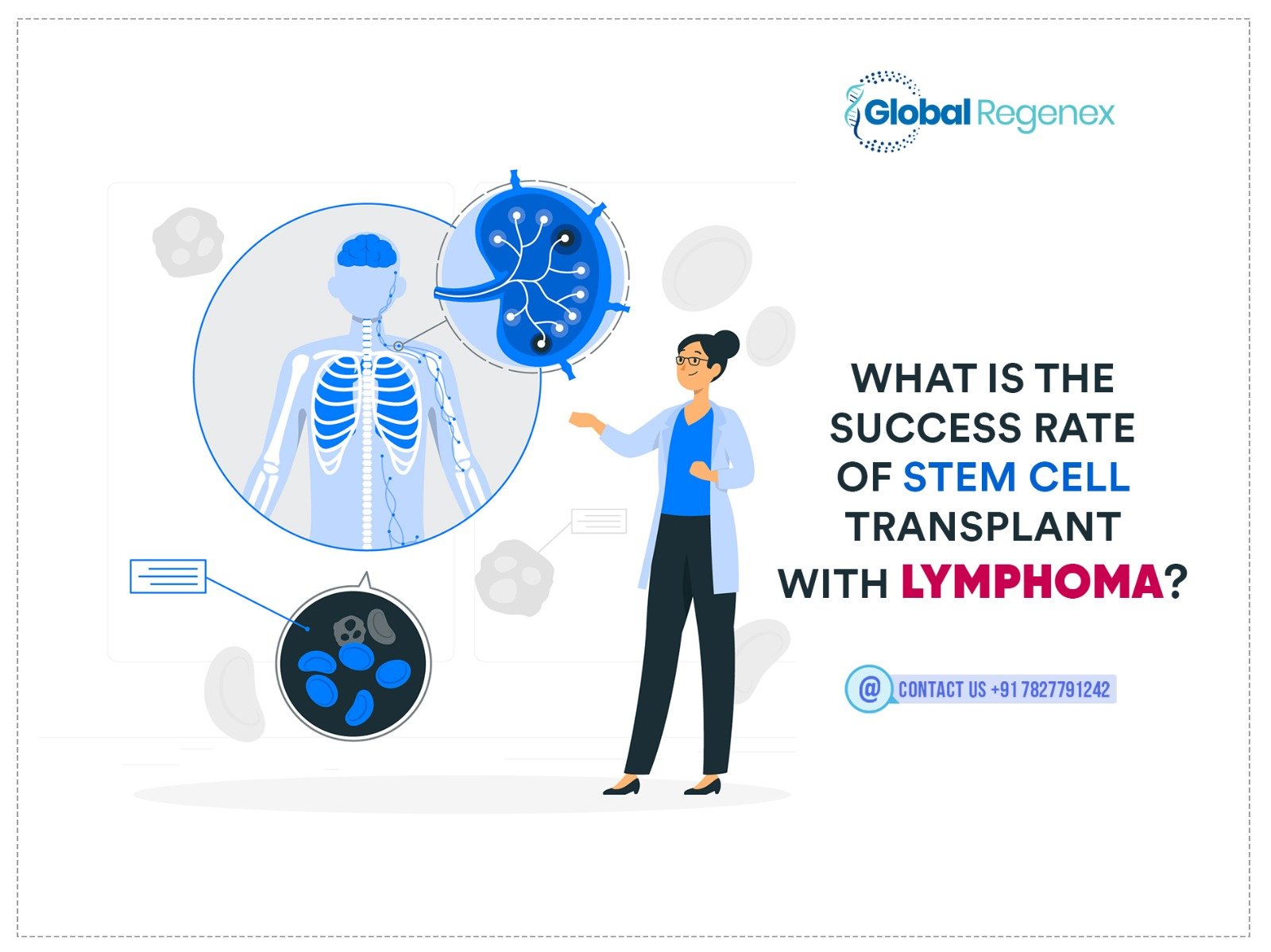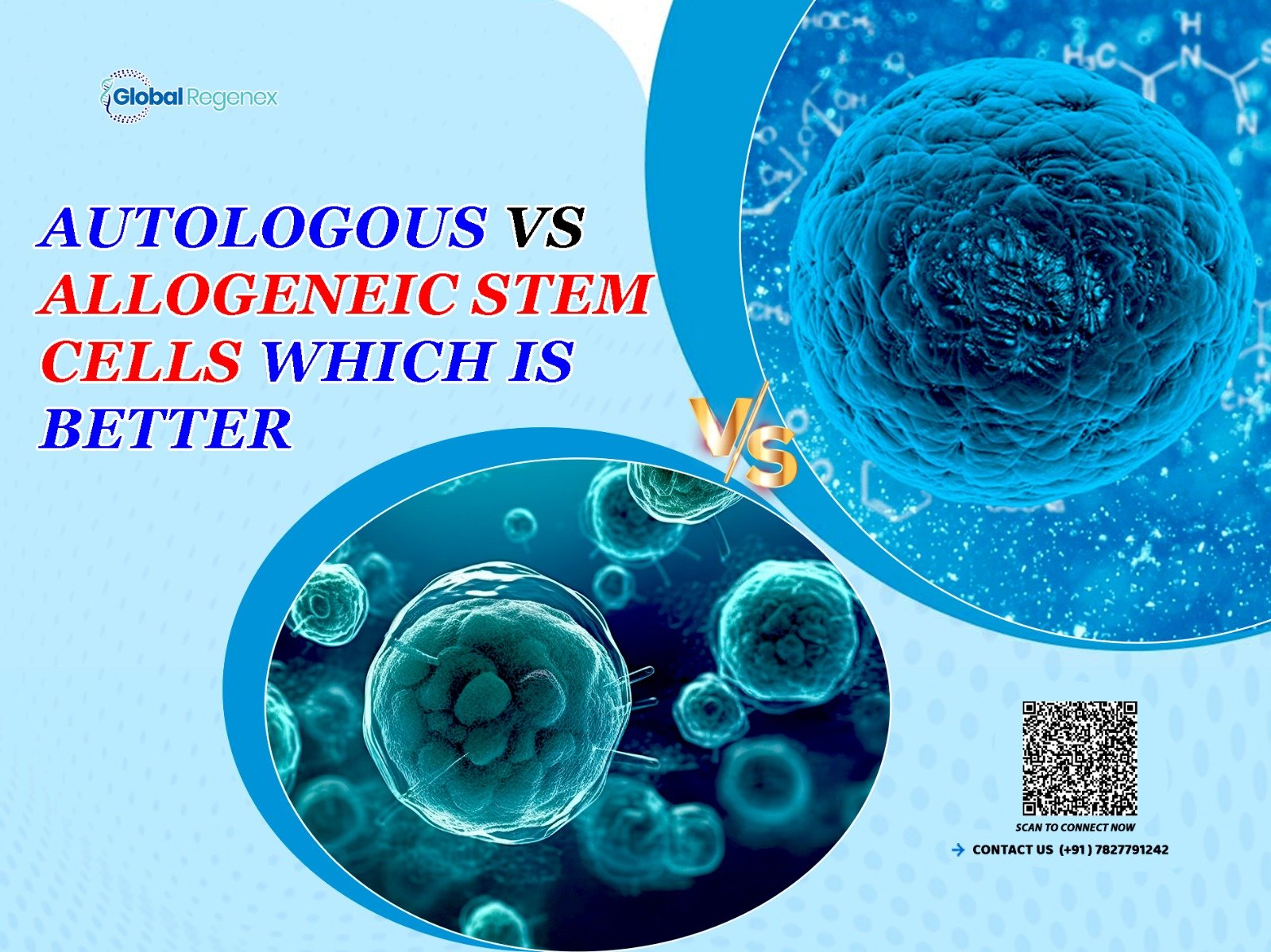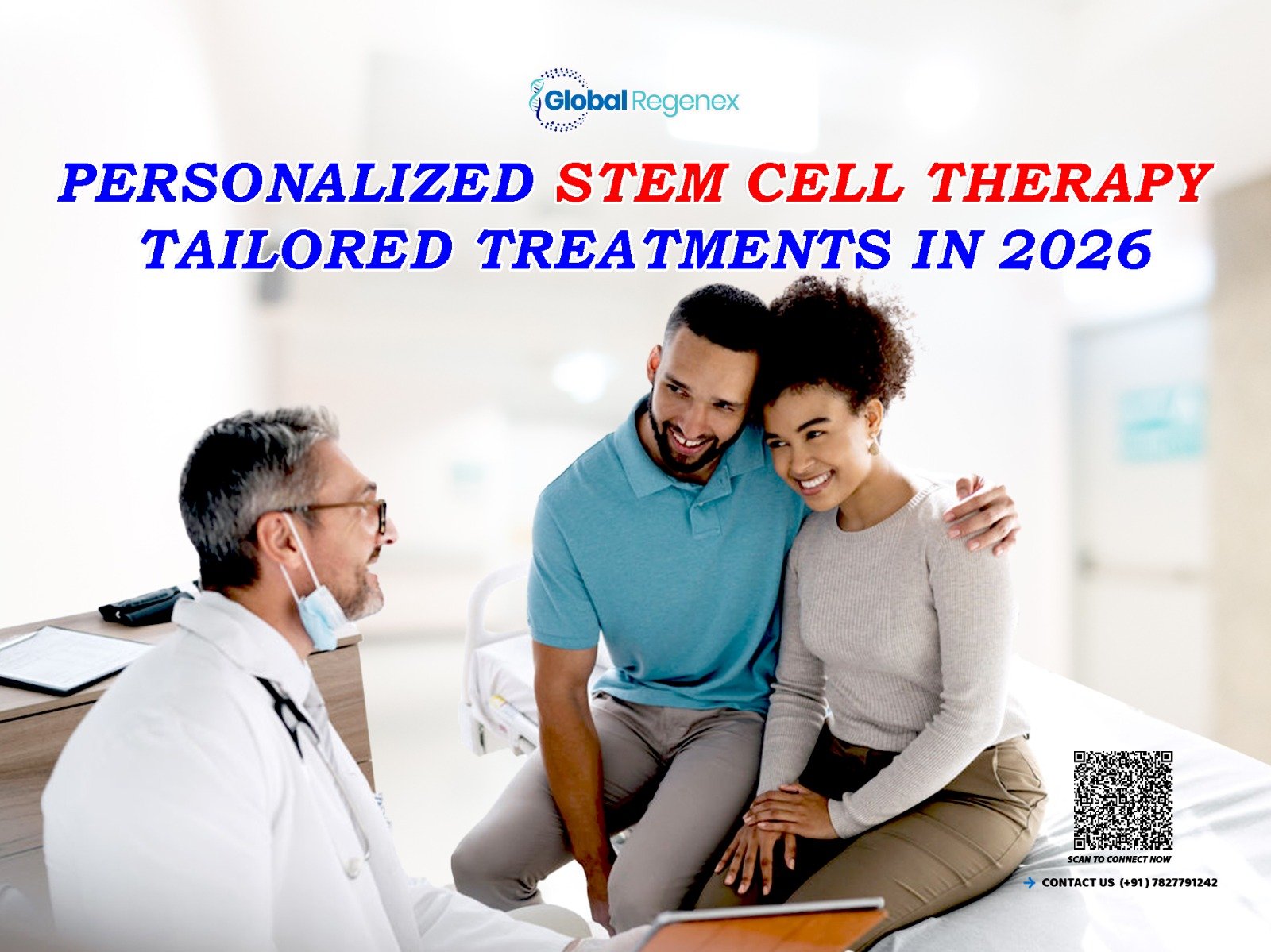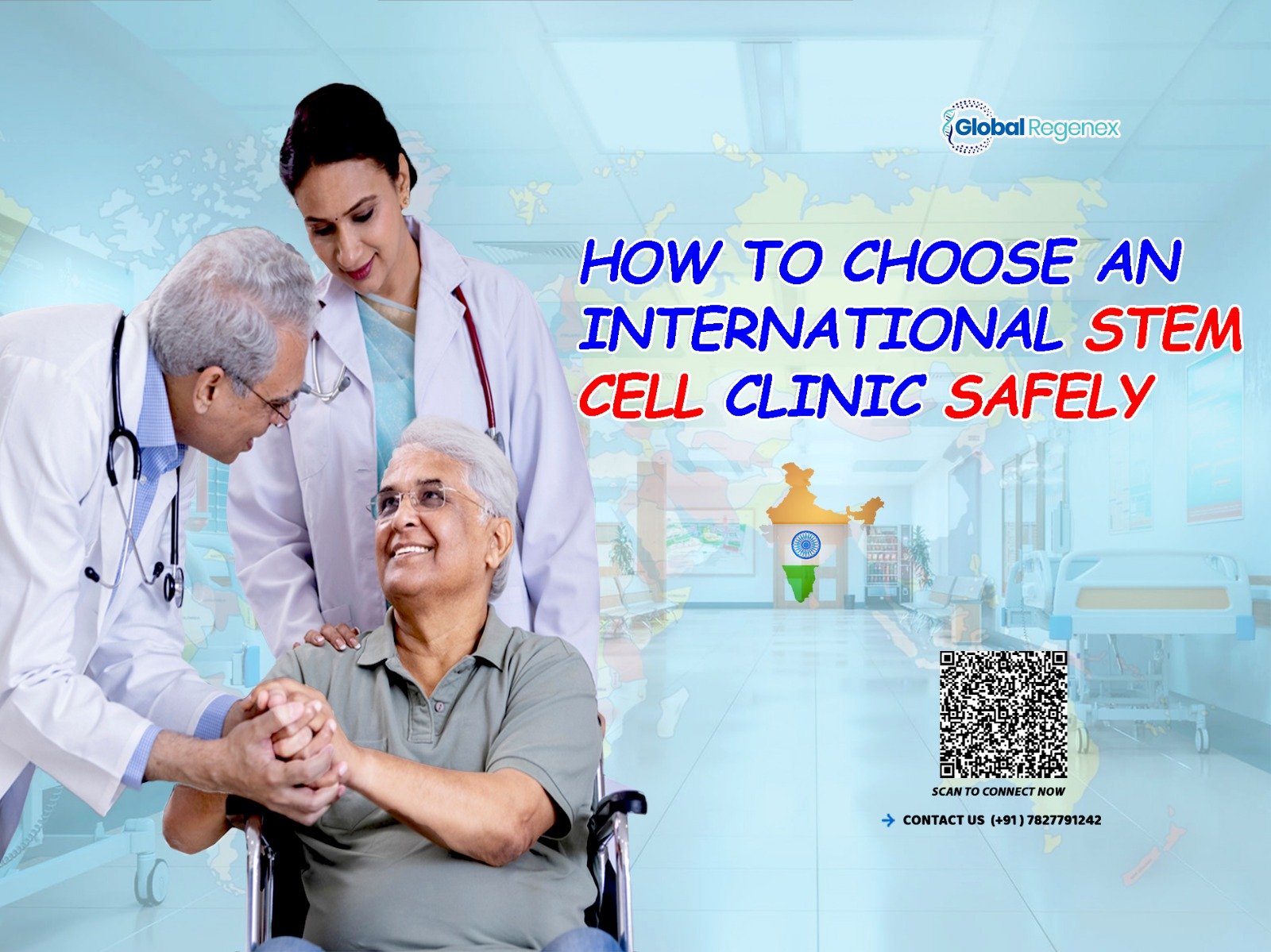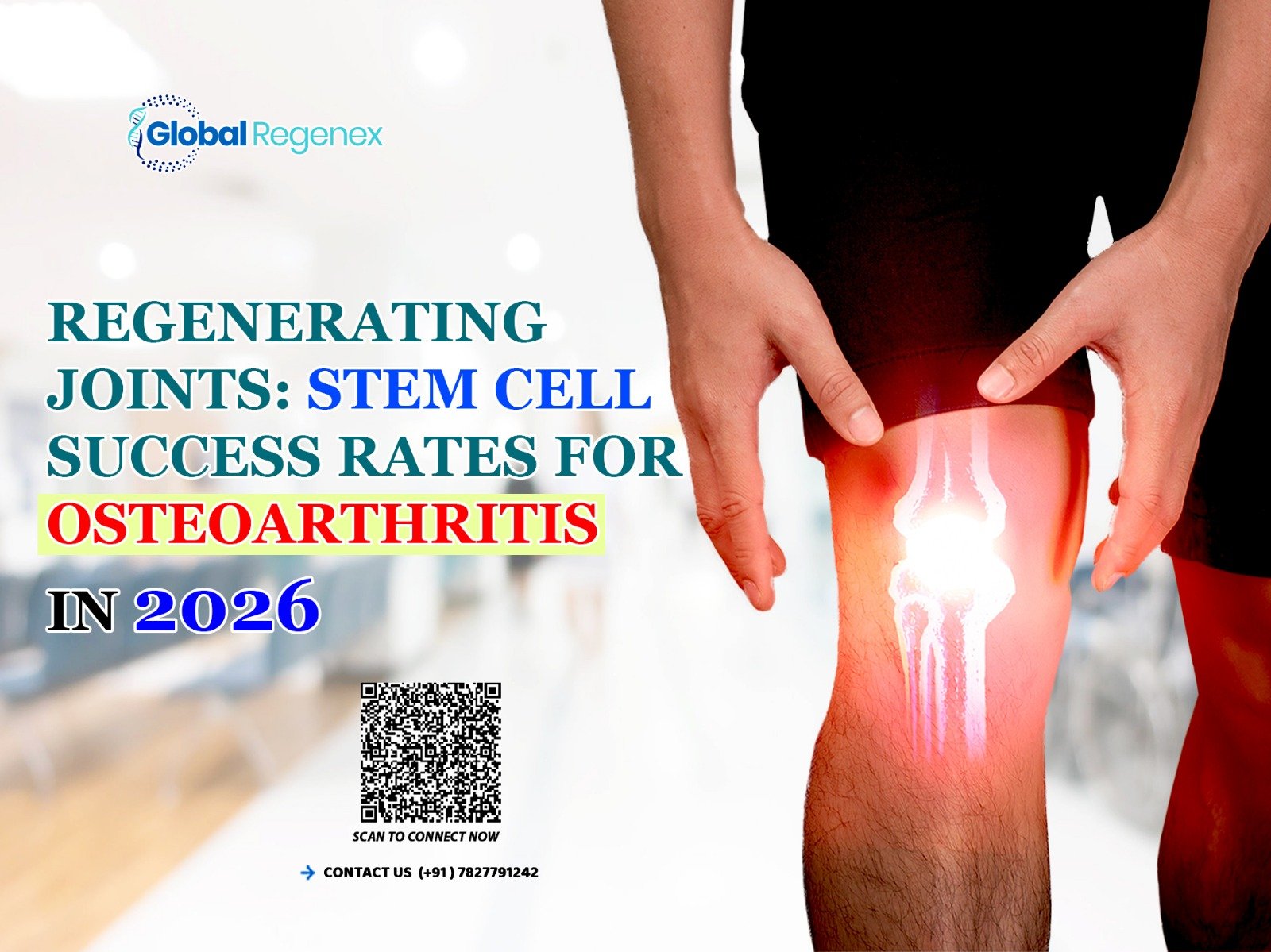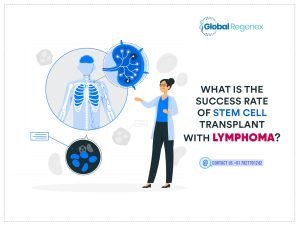
Lymphoma is a form of blood cancer targeting the lymphatic system in the body. It is a part of a patient’s immune system and has notoriously been difficult to treat, though there has been indication that stem cell transplant may now hold some promise. In this blog, we will discuss how successful stem cell transplants are in treating lymphomas, the types of transplants, and how Global Regenex can help these patients using the help of stem cell therapy.
Overview Stem Cell Transplants
This process of replacing the diseased or damaged bone marrow with healthy stem cells is known as a stem cell transplant or a bone marrow transplant. Later on, the stem cells differentiate into any kind of blood cell to rebuild the patient’s blood and immune system. There are two major types of stem cell transplants that are used in the treatment of lymphoma:
Autologous Stem Cell Transplant: This procedure involves the collection of stem cells from the patient who is then preserved and later reinfused with such cells after intensive chemotherapy or radiation therapy. It is performed in patients with recurrent or refractory lymphoma.
Allogeneic Stem Cell Transplant: It is the use of stem cells from a donor. The donor can be either a sibling or an unrelated matched donor. Allogeneic transplants are usually considered in aggressive lymphoma patients who still respond to chemotherapy.
Benefits of Lymphoma Stem Cell Transplants
Improved Remission Outcomes: The success rate of long-term remission is relatively high, especially in aggressive or refractory cases of lymphoma with stem cell transplants.
Improved Quality of Life: Restoration of normal blood cells in the body improves the quality of life of a patient afflicted with lymphoma.
Potential Cure for Some Patients: Some patients, particularly those with resistant types of lymphoma, may find in a successful stem cell transplant a way toward a possible cure.
Less Chance of Recurrence: Transplantation after chemotherapy or radiation can lower the chances of lymphoma returning, and this might be a good thing for patients and their loved ones.
Access to Expert Care: A consultancy firm like Global Regenex introduces the patient to specialized professionals who can help resolve the complexity of issues that surround the use of stem cell therapy.
Successful Rates of Lymphoma Patients Undergone Stem Cell Transplant
The success rate of lymphoma for stem cell transplantation differs in many factors. Such factors include the type of lymphoma to be treated, the patient’s general health conditions, and the type of transplant involved. The following statistics and insights point out some of the essential parameters:
- This usually ranges from 40% to 60% based on the specific subtype of lymphoma and response to the prior treatments. Remission and survival may also be improved by autologous transplants.
- The success rate for allogenic transplants is about 30% to 50%. In other words, while in certain cases the chances for successful transplants may be more likely, this transplant often carries a higher risk of complications due to GVHD and other conditions.
Factors Influencing Success Rates
- Age and General Health: Success rates are higher for younger patients and those in good health.
- Stage and Type of Lymphoma: Success rates differ depending on whether the lymphoma is Hodgkin or non-Hodgkin, and whether it’s aggressive or indolent.
- Response to Prior Treatments: The patients who respond well to the initial treatment do relatively better in transplants.
- Donor Match: The allogeneic transplants rely on the match between the donor and the patient.
The Concluding Thoughts
Stem cell transplantations bring along good hope for the treatment of patients afflicted with lymphoma. Chances for remission are higher in this case and survival rates can be increased to a level. There are several factors that influence success rate, primarily, the type of lymphoma the patient is suffering from and the level of health in the patient. With Global Regenex, the patient can discuss his options and receive personalized guidance and an avenue to the latest updates in stem cell therapy.
Contact us to learn more about a stem cell transplant and all they can do to help in treating this severe form of lymphoma, we all are closer to one bright future together.

